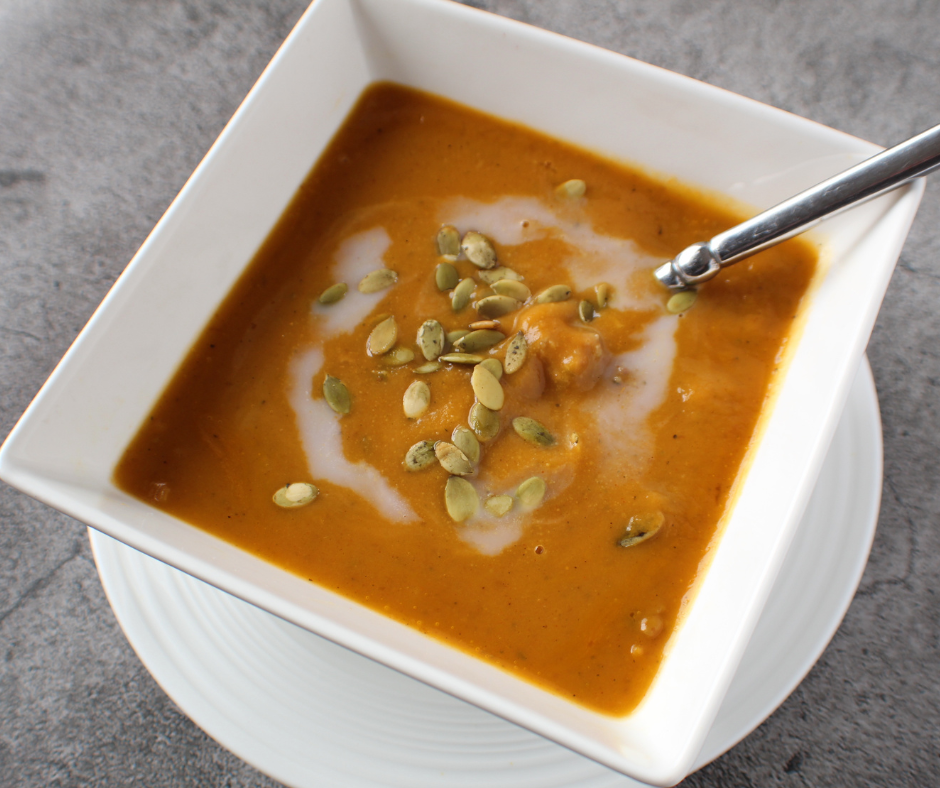
Why should we eat squash?
Squash, a versatile and nutritious vegetable, offers numerous health benefits that make it an excellent addition to our diet. Rich in essential vitamins and minerals, various types of squash, including butternut, zucchini, and acorn squash, provide a wealth of nutrients. These vegetables are particularly high in vitamin A, which is crucial for maintaining healthy vision, immune function, and skin health. Additionally, squash is an excellent source of vitamin C, contributing to immune support and collagen production. The presence of key minerals such as potassium, magnesium, and calcium further enhances its nutritional profile, making squash a valuable component of a balanced diet.
One of the standout characteristics of squash is its high fiber content. Dietary fiber plays a critical role in promoting digestive health by aiding in regular bowel movements and preventing constipation. Consuming fiber-rich foods like squash can also help to regulate blood sugar levels, making it a sensible choice for individuals managing diabetes. Furthermore, fiber contributes to a feeling of fullness, which can aid in weight management by reducing overall calorie intake. Incorporating squash into meals can help support digestive wellness and maintain a healthy weight without sacrificing flavor or variety.
In addition to its impressive nutritional profile, squash is a low-calorie food, making it a perfect option for those looking to maintain or lose weight. With its natural sweetness and ability to absorb flavors, squash can be easily incorporated into a wide range of dishes, from soups and stews to salads and casseroles. This adaptability allows for creative cooking possibilities, enabling individuals to enjoy the myriad benefits of squash without monotony. Moreover, its seasonal availability means that squash can often be purchased at a low cost, providing an economical way to enhance one’s diet with nourishing foods.
Finally, squash is rich in antioxidants, which play a vital role in combating oxidative stress and reducing the risk of chronic diseases. The carotenoids, such as beta-carotene found in many squash varieties, contribute to heart health and may lower the risk of certain cancers. Adequate antioxidant intake is essential for maintaining overall health and longevity, making squash not just a delicious, but also a protective food choice. By incorporating squash into everyday meals, individuals can take advantage of its extensive health benefits, supporting their well-being while enjoying this delicious and versatile vegetable.
One of my favorite recipes is Sausage, Pumpkin, & Sweet Potato Soup in my cookbook. It’s so delicious and pretty darn easy to make.
Enjoy your fall and all the sweet colors and scents that go along with it!

Creating delicious content for you!
Adrienne
xo
Paperback book – The Path to Reverse Multiple Sclerosis
Cookbook – Nourish Your Way to Health
